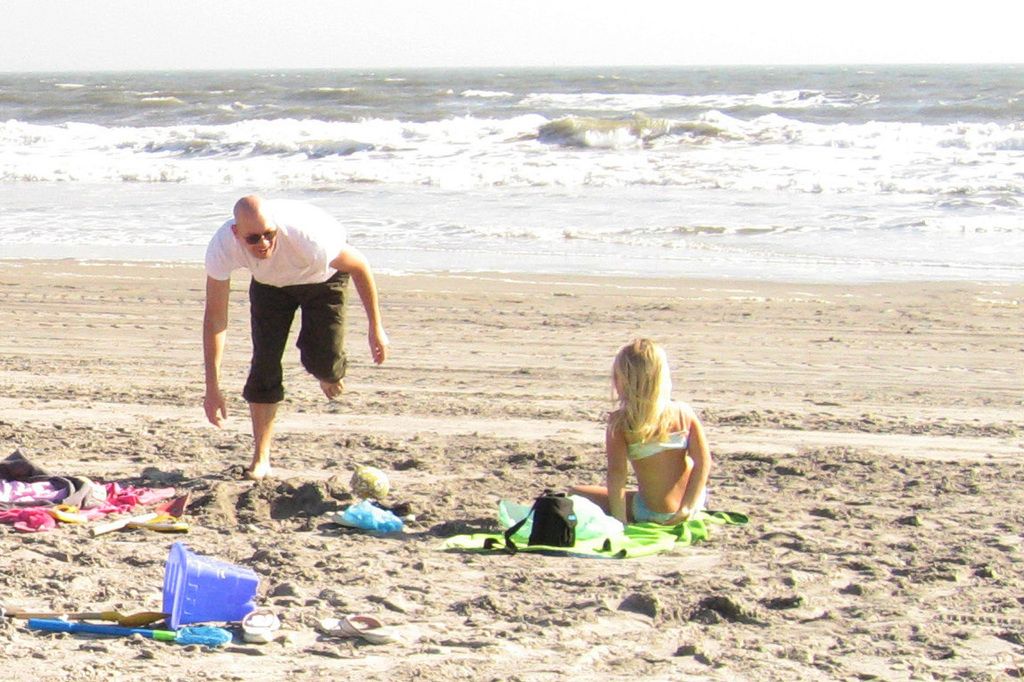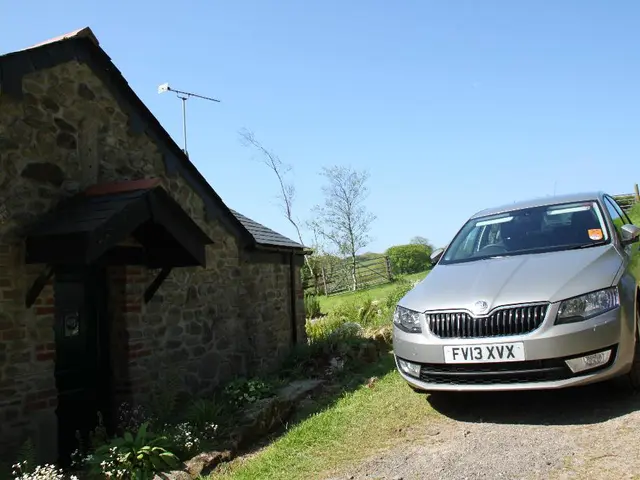France Pledges to Prohibit Bottom Trawling in 4% of Hexagon's Surrounding Waters at Nice Summit; NGOs Express Disappointment Over Inadequate Protection Measures
Let's Dive into France's Marine Conservation Strategy
When it comes to the UN Ocean Conference, France isn't just yapping—it's mapping a course for maritime protection. Before the highlight of the third United Nations Ocean Conference on June 8 in Nice, France's Ecological Transition Minister unveiled a strategy geared towards safeguarding the seabed within metropolitan France. The game plan aims to "set strong protection zones where all activities damaging the seabed, including bottom trawling, will be banned".
The president's word was music to nature-loving ears, but NGOs called for a total trawling ban in all France’s protected marine areas, criticizing the current restrictions as insufficient, especially for areas within the Hexagon, known for their less stringent rules compared to overseas counterparts.
From Pixels to Parks
Despite only 0.1% of French waters protected under "strong protection zones (ZPF)," the strategy outlined by the Minister aims to surge these numbers to 4% by the end of 2026. The minister further added that "other metropolitan marine protected areas will also see an increase in their protection levels." Paris envisions escalating the share of "strong protection" zones worldwide to 14%, higher than the European goal of 10% by 2030.
In these "strong protection zones," all human activities causing substantial seabed impact, including bottom trawling, will be outlawed, following the president’s announcement of taming bottom trawling in certain hexagonal area limitations. These French seabeds house diverse marine life like delicate seagrass beds, corals, and underwater canyons and mountains. The Minister plans to combat pollution, untamed uses, and bottom trawling to protect these marine habitats.
Not Quite a Clean Slate
The WWF France views these ambitious targets as a sleight of hand, contending that France lags behind in marine protection definition despite boasting early achievement of its self-imposed goals for ocean protection. The issue stems from Paris employing a land-of-its-own definition for ZPF and criteria, which contrast with the International Union for Conservation of Nature (IUCN)'s guidelines.
As per ministry-provided data, half of the protected zones border France, already off-limits to deep-sea trawling, thanks to EU regulations, safeguards for highly sensitive sites, or coastal areas popular for nautical activities.
Greenpeace isn't bought into the idea of "strong protection" zones, demanding a complete ban on bottom trawling in all French marine protected areas. François Chartier, Greenpeace’s oceans campaign manager, expressed disappointment, claiming that "the zones the minister announced are mainly areas already off-limit to deep-sea trawling," adding that the minister denied this claim.
Despite these debates and differences, the future of France's marine conservation remains promising as the global community gathers for the upcoming UN Ocean Conference in Nice. The event will aim to catalyze efforts for the protection and preservation of maritime ecosystems worldwide.
- The French Ecological Transition Minister's strategy for marine conservation includes an aim to increase the percentage of French waters under "strong protection zones (ZPF)" from 0.1% to 4% by the end of 2026, with other metropolitan marine protected areas also seeing an increase in their protection levels.
- In the "strong protection zones," all human activities causing substantial seabed impact, including bottom trawling, will be outlawed, and the Minister plans to combat pollution, untamed uses, and bottom trawling to protect marine habitats like seagrass beds, corals, and underwater canyons and mountains.
- The WWF France has criticized France for lagging behind in marine protection, arguing that although France claims early achievement of its self-imposed goals for ocean protection, its definition and criteria for ZPF differ from the International Union for Conservation of Nature's (IUCN) guidelines.
- Greenpeace has demanded a complete ban on bottom trawling in all French marine protected areas, expressing disappointment that the zones announced by the Minister are allegedly already off-limits to deep-sea trawling due to EU regulations, safeguards for highly sensitive sites, or coastal areas popular for nautical activities.








